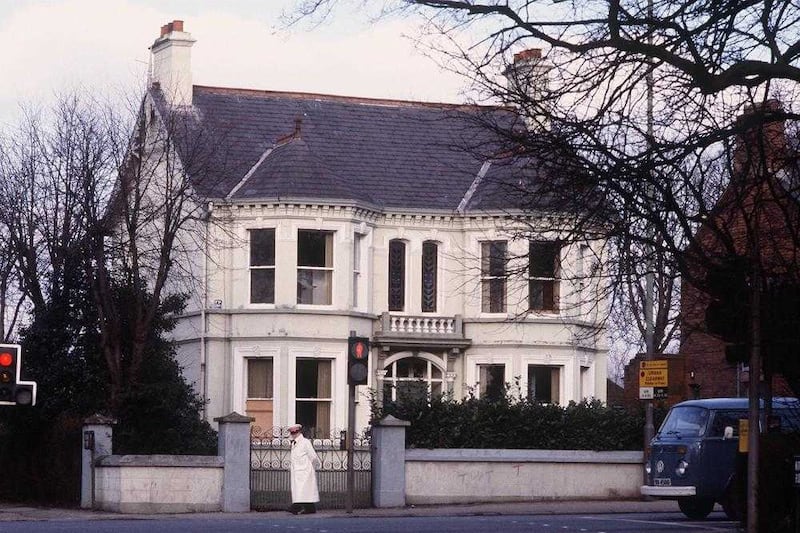DUP leader Jeffrey Donaldson, speaking before the Twelfth, said progress in Northern Ireland can only be achieved through “consensus” and it is important to move forward on “solid foundations”.
This means operating “political arrangements that both unionists and nationalists can support”.
This is the only basis upon which “any divided society” can progress. He added that “no culture should threaten or dominate any other” but admitted we have some distance to go on this.
Peter Emerson's latest book, The Punters' Guide to Democracy, demonstrates how consensus needs to be applied to voting arrangements in a society like ours, which has been plagued by a lack of consensus.
Some have assumed that unionists seek domination, but this may reflect a fear of Catholic or republican dominance.
A prayer still used at every Orange Lodge meeting says “we humbly beseech Thee of Thy mercy to deliver us from those great and imminent dangers by which we are now encompassed”.
Read more
- Dublin politician calls for the Twelfth to be a public holiday in the Republic
- Call for all-Ireland military museum at Battle of the Boyne site
A minority of Protestants have promoted Protestant ascendancy but there are very few and when it happens it is often a reflection of a feeling of being under threat.
Catholic ascendancy has existed in the rest of Ireland and was taken for granted and seldom questioned, but now some unionists fear a republican ascendancy.
Some years ago, I helped organise a cross-community gathering to promote dialogue at Bellingham Castle Hotel, Co Louth and invited Protestant friends in the Republic.
One of these didn’t turn up but never explained why but later told me he drove into the hotel grounds but immediately turned the car around and drove many miles back home.
I interpreted this as meaning that despite changes in the Irish Republic, some unionists’ still fear dominance by the Catholic Church.
Attempts have been made to change this. Former President, Mary McAleese, originally from Belfast, invited Orangemen mainly from the Republic to Áras an Uachtaráin, the official residence of Irish presidents, to mark the Twelfth.
The late George Fleming’s paintings of Orange gatherings were displayed throughout the building and many attended and enjoyed the experience of being there. Others were so keen to attend they complained they had not been invited. All who attended had an enjoyable day, which was a small step towards meeting the needs of Irish Protestants.
Patrick Costello of the Green Party has now suggested taking this further by having the Twelfth and St Patrick's Day public holidays in the south as they are held in the north and need replicated in the South. Another cross-border and heritage group has now called for a world class military museum at the Battle of the Boyne site.
Northern unionists have tended to ignore or even disown the remaining southern unionists.
I joined the Reform group based in Dublin in an attempt to identify with the Irish minority. Some Reform members met locals in County Louth and spoke of their feelings of unease in the Republic.
Local Catholics were astonished to learn that some feel alienated in their own country. My own family has always existed in both parts of the island but our last contact with the south took place in the late 1920s, when my parents visited the old homestead.
I revived the connection in the 1960s, and met relatives living in peace with their neighbours there. A distant relative gave me a photograph of my parents and grandfather visiting the old homestead. I felt gratified to have re-established contact in the 1960s that had been lost in the 1920s.
Consensus theory is based on a rejection of the idea that majorities should have a right to overrule minorities without further ado.
Majority rule is certainly more democratic than minority rule, but uninhibited majority rule is hardly fully democratic.
To be democratic, the mechanisms for voting and decision-making must try to ensure that minorities do not feel excluded.
Electioneering and related materials used on election days need to be excluded from polling booths and their environs on election day including from the immediate area close to where the election is to take place.
Peter Emerson’s book deals with the need for such procedures and he concludes that, “the need…for a democratic polity, which is non-adversarial—in a word, for voting procedures which are inherently ‘peaceful’— cannot be over-emphasised. The benefits could be huge".
:: Roy Garland is an author, unionist commentator and a former Irish News columnist.





